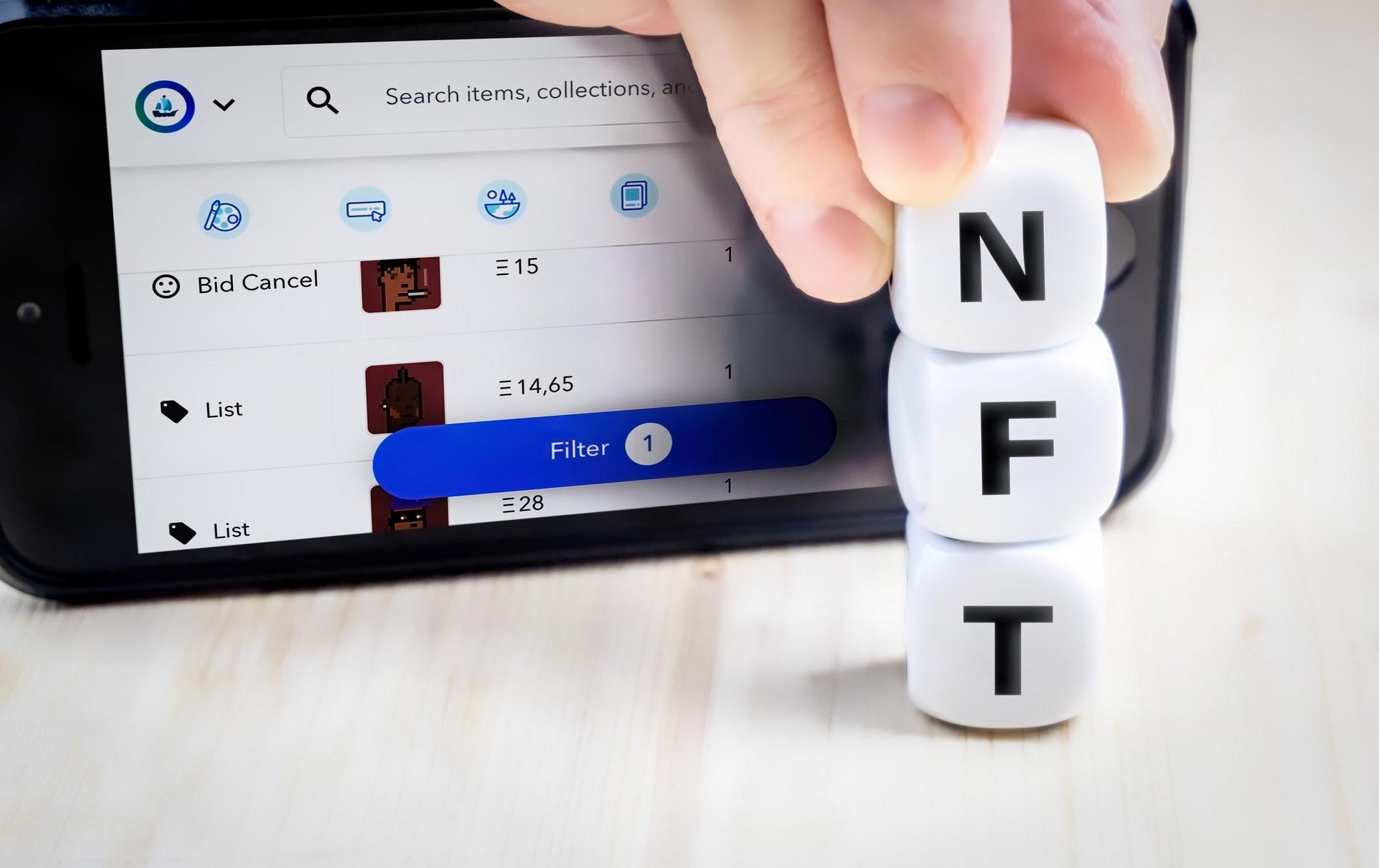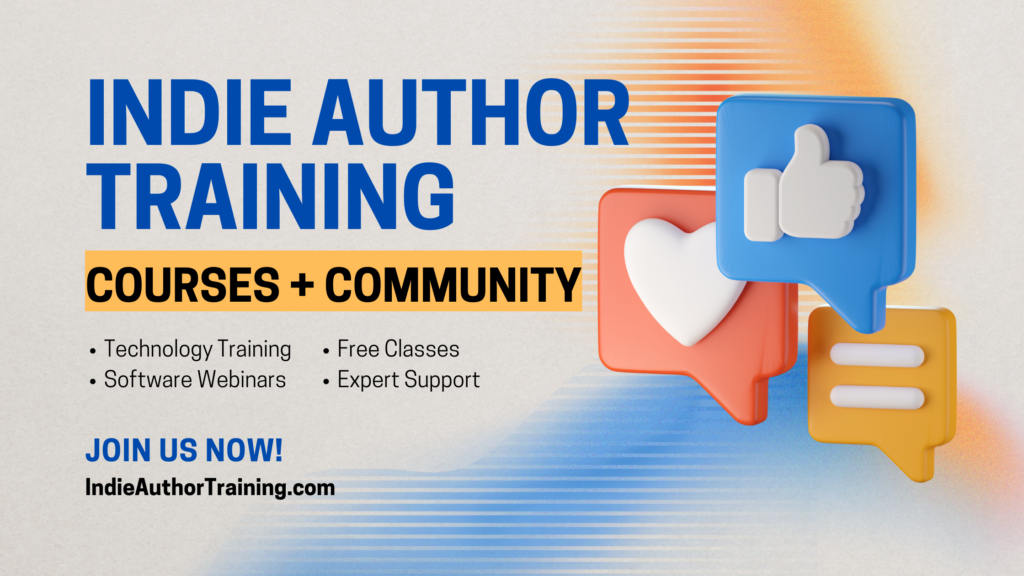A Vision from within the Infancy of Crypto Publishing
Glossary:
DAO - Decentralized Autonomous Organization https://ethereum.org/en/dao
NFT - Nonfungible Token https://youtu.be/NNQLJcJEzv0
***
What Are NFT Books?
I can’t tell you for sure. Not yet. What I can do is speculate on what NFT books might become.
The scenarios described in this article are realistic expectations based on existing technologies and the work being done to create the infrastructure of tomorrow. But since the NFT world is evolving quickly, even this forward-looking snapshot may seem quaint and dated soon after this article is published.
Imagine the Near Future
It’s a beautiful day in the metaverse. There’s crypto in your wallet, and your favorite author has just dropped a new book. So you strap on your goggles and enter the virtual world. Or maybe you open your web browser, old school. Or maybe you visit a brick-and-mortar store and tap your phone against an NFT spot on the shelf.
However you choose to travel, there you are.
Imagine the Marketplace
There are many marketplaces, but you’ve always liked the vibe of Milton’s NFT Book Emporium, a mom-and-pop shop with hand-curated lists in a style that matches your aesthetic. Most other marketplaces are web- and metaverse-only, but Milton’s sprang from a brick-and-mortar shop in Australia. Or was it Ireland? Either way, those thousand miles of land and ocean between you and that store can be bridged instantly by a VR headset.
Milton’s hosts events. They have a book club. They have a cat that wanders with you from room to room, at least in the metaverse rendition of the shop. The website has the same cat in its logo. When you click on the cat, it bats your cursor around the screen.
The marketplace at Milton’s uses a cryptocurrency common to many small meta-bookshops, the $BAXTER, named after a famous shop cat. The $BAXTER is specific to books, issued by a DAO that’s controlled by book lovers. You like spending $BAXTERs because they’re more energy-efficient and eco-friendly than crypto coins typically favored by collectors. Plus, the use of $BAXTERs funds a microloan program for booksellers in developing economies, a legal defense pool that assists authors in copyright and contract disputes worldwide, and an anti-censorship advocacy group.
The virtual shelves at Milton’s are stocked with NFT books, which are digital files of text or voice narration governed by a smart contract and wrapped into a non-fungible token on a decentralized ledger. You chuckle to yourself at that definition, which sounded like gibberish to you when you first heard it but has since become a way of life.
Imagine a Secondary Market
As long as you’re in the marketplace already, you take the opportunity to prune your personal library of some of the NFT books you’ve already read. Your personal library is linked to your crypto wallet, so it’s always as near as your computer, tablet, phone, or headset. And as long as you keep your seed phrase protected, those NFT books are more secure than the physical books in your home.
Milton’s will buy your NFT book for an appropriately discounted cash-now price or will list it for you at market value. In fact, many of the books you see on Milton’s shelves are second-hand listings that are identical to newly minted NFT books. Some are books that you yourself are currently offering for resale. Your NFT books can exist on a shelf at Milton’s or on a dozen other marketplace shelves and still remain available in your personal library until you accept an offer to sell.
Fortunately for the authors, these NFT books are programmed for secondary royalties. Every time the NFT books are sold, and no matter how many times they’re resold, the author instantly receives another royalty payment from the transaction. This, you muse, is one of the major advantages that authors receive from publishing their books as NFTs.
Imagine Book Piracy Thwarted
While browsing at Milton’s, you chat with the staff, fellow customers, and volunteers who have been designated as moderators of the conversation. You chat for quite a while with a group of enthusiasts from around the world who share your excitement for the new release you came in for.
One of the mods opens a private chat. Along with your interest in the new book, she has taken note of your various roles. You earned one during the early days of the store’s metaverse presence. You earned another for saying nice things about the store on social media. You earned a third for being a frequent customer. “You don’t have to buy this book,” the mod tells you. “I have a Gold Edition for you.”
The Gold Edition of this book is notoriously rare, which makes you suspect that this one might be pirated or forged. But since this is an NFT book, you can check prior transactions back to their source with a few mouse clicks. In moments, like a jeweler peering at a diamond through a loupe, you verify the authenticity of the Gold Edition and let the mod drop it into your wallet.
This is one book you won’t be listing for resale. Not for all the $BAXTERs in the world!
Imagine Special Editions and Features
Your Gold Edition NFT book includes a short-story prequel and an alternate cover. That’s fairly standard. But the smart contract that defines the NFT book can perform other feats of magic. Text can update over time, possibly in response to a reader’s input or preferences. Holders of one book can automatically receive a copy of the next. A random book holder may be selected as a sweepstakes winner.
You’ve heard of a mystery writer whose NFT book vanishes page by page as the book is read. A thriller writer who sets her NFT books to self-destruct if they’re not completed before a ticking clock counts down. A fantasy author who grants a license for NFT holders to create and publish fanfic while the author receives an automatic royalty. A science fiction author who sells NFTs that allows readers to bring their original characters into his own future books.
Launch events for your favorite author’s new book include a special VIP party with a special ticket of admission: a Gold Edition NFT book. When you connect your crypto wallet to the online space, a bot checks whether you have a Gold Edition NFT book on your bookshelf. If you do, a newly granted role unlocks a voice chat with the author and a back-channel text chat for participants. A famous DJ is hosting the afterparty.
You receive a Proof of Participation token at the end of the night. This NFT goes into a gallery of experiences that you can display alongside your bookshelf as if the book itself weren’t already enough to make your friends insanely jealous.
Imagine the Reading Experience
For a moment, you reflect on how the NFT book reading experience has evolved.
In 2021, some NFT books could be read as text files within the marketplace where they were sold. Others linked to a password-protected web page where they could be read with nicer formatting. A handful of experimental releases offered a slicker experience with formatting and page turns that resembled contemporary e-books.
In 2022, everything changed with the mainstreaming of NFT book-specific platforms. These could connect to a crypto wallet, verify ownership, and grant access to an enhanced e-book, audiobook, video clips, or even the ability to print and ship a copy of the physical book. By the end of the year, NFT books had become everything e-books, audiobooks, and physical books had ever been plus a whole lot more.
The $BAXTER launched in 2023, making it easier for Milton’s and other metaverse retailers to proliferate, and bringing authors and readers to an NFT book utopia.
Or Maybe Not?
This vision depicts just one possible future for NFT books, the marketplaces through which they will be sold, the currencies that will govern their transactions, the platforms that will provide reader experiences, and the organizations that will define crypto publishing for decades to come.
The real future of NFT books is still being written.
So What Are NFT Books?
As authors, we can advocate for the future we’d most like to be a part of. Get involved. Learn. Experiment.
NFT books can be anything you want them to be.





